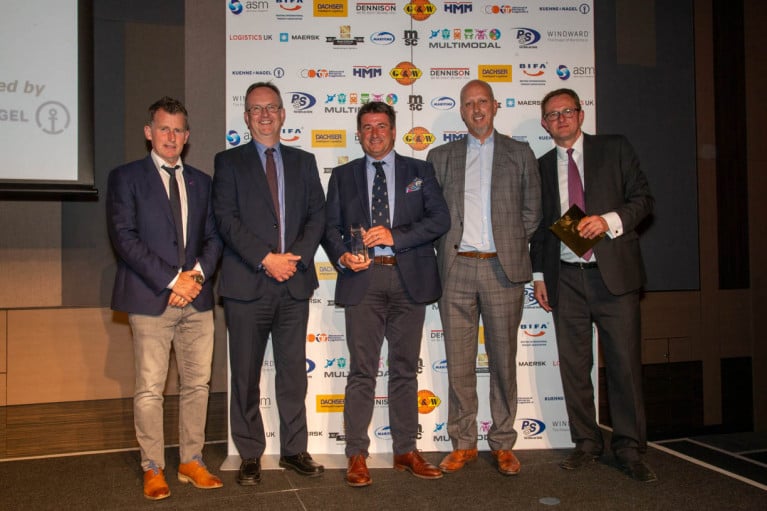Displaying items by tag: Liverpool (Peel Ports)
Operator of Liverpool Port, Peel Ports Group Achieves New Sustainability Accolade at Multimodal Awards
In the UK, the Peel Ports Group has been recognised as the winner of the ‘Sustainability’ category at the 2022 Multimodal Awards in acknowledgement of its impressive environmental efforts.
As one of the country's largest port groups, Peel Ports manages several key regional trading hubs, including major facilities in Liverpool and Manchester, Heysham, London Medway, Great Yarmouth and Glasgow. In addition across the Irish Sea at Dublin Port,it also operates a container terminal (MTL) and owns BG Freight Line, which provides short sea container services between the UK, Ireland and mainland Europe.
The leading port operator emerged victorious amongst a credible line-up of finalists, including Maersk, ONE and Howard Tenens Logistics, thanks to its commitment to drive a more sustainable future via the pledge to be a carbon neutral business by 2040.
The award acknowledges steps taken by the group to become the first port operator to make such a commitment towards a Net-Zero status, and recognises its ongoing work to lower emissions.
Recent adoptions include switching the vast majority of its fleet to electric vehicles and transitioning machinery and plant equipment to the environmentally-friendly diesel fuel alternative, Hydrotreated Vegetable Oil (HVO).
This transition to HVO recently saw the group hit the million-litre milestone as the first port operator to make the change, representing a third of the Port of Liverpool’s entire annual fuel consumption and in partnership with local Merseyside supplier County Oil Group Ltd.
More than £1.2bn has also been invested across the last decade on sustainable infrastructure and technology to futureproof operations, including the delivery of energy-efficient cranes, LED lighting and working with sustainable suppliers and equipment.
Claudio Veritiero, CEO of Peel Ports Group commented: “Peel Ports has taken industry leading steps to decarbonise our future and it’s fantastic to see this publicly recognised. Winning the Multimodal Sustainability award and being acknowledged for our efforts amongst our peers reinforces our continued drive towards becoming the leading sustainable port operator in the UK”
“Our goal is to be a sustainable business that can enable a positive future for the UK’s supply chain, driving change for the better whilst achieving commercial goals and business growth. The collective efforts of our employees and the strategic drive of the teams behind much of this change have been key to this success, so this award is a testament to their hard work”





























































